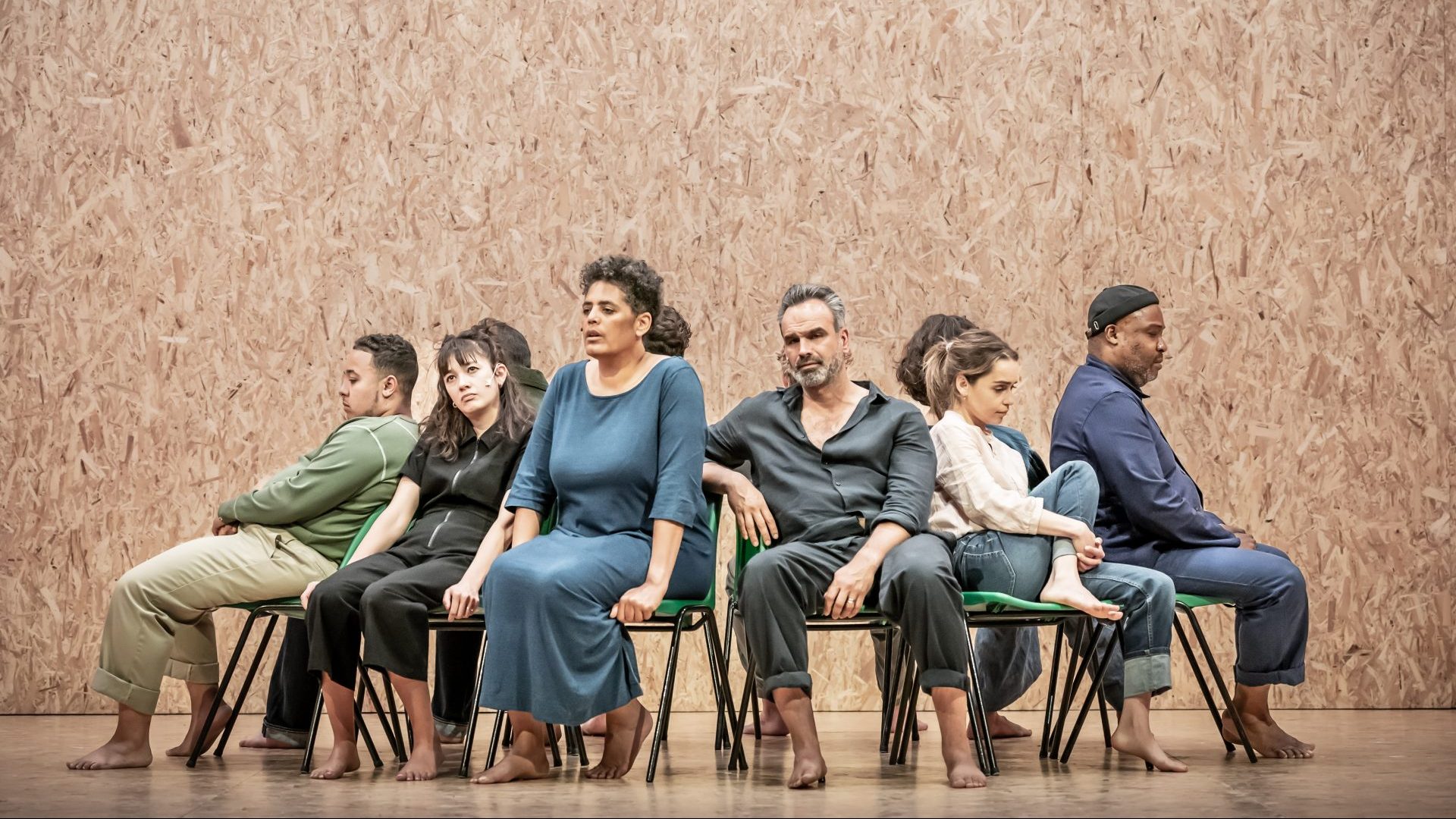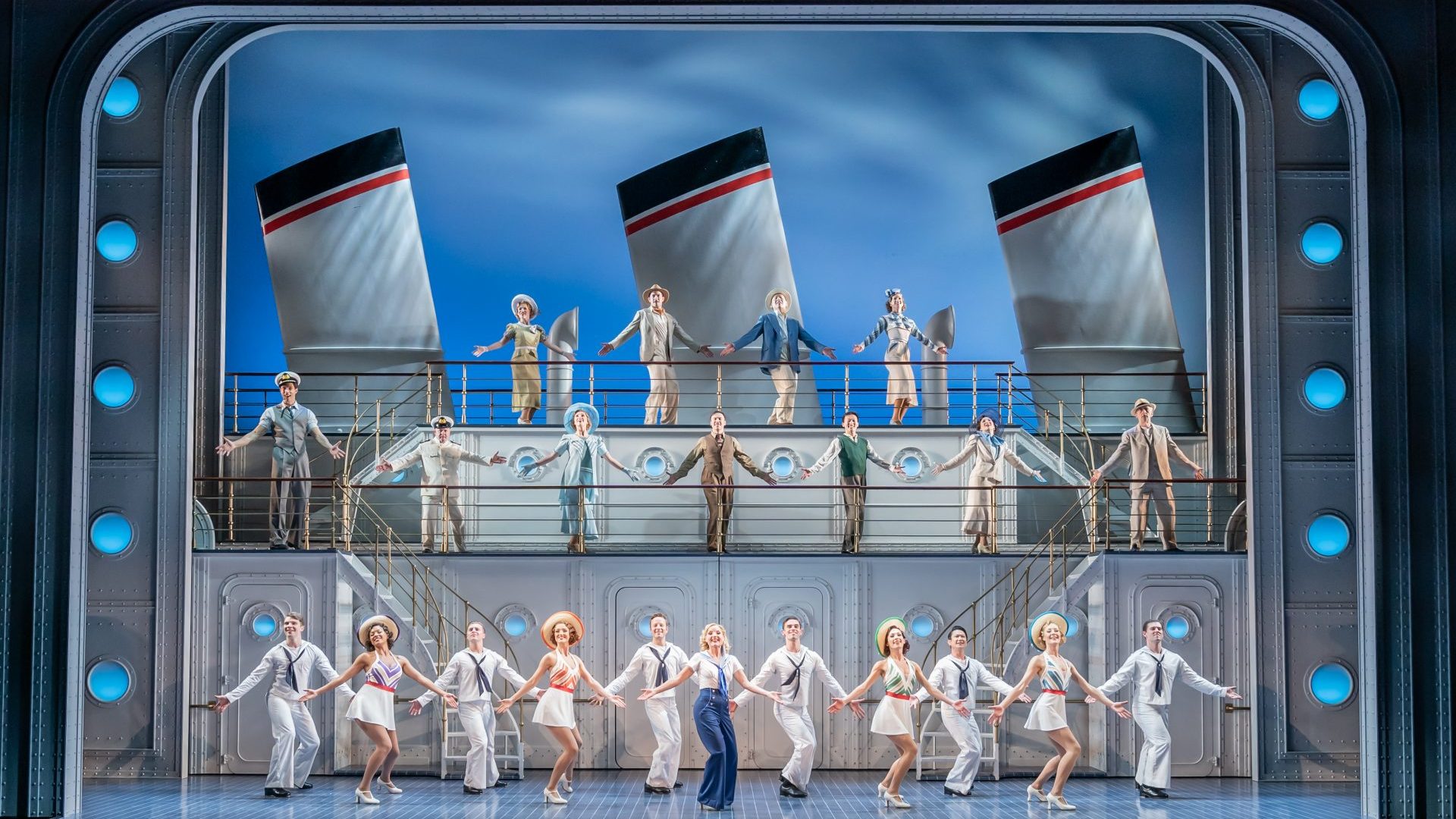The Seagull
Harold Pinter Theatre, London, until September 10
I know of one distinguished actor who insists that a comfortable bed be laid on in his dressing room before he accepts a part in a play. On a long run, it’s certainly a blessing to have somewhere to lie down before going on and when there’s a sufficiently long interval between scenes.
In Jamie Lloyd’s pared-down production of The Seagull, the actors are on stage constantly, sitting on nine chairs on a bare stage made of cork board, and getting up to do their pieces when required. This means there’s no bed time, but it’s a clever approach that rejoices in the theatricality of the piece. Chekhov’s story focuses, after all, on playwrights and actors and there’s a lot of sitting around in their line of work. It’s fun seeing their expressions – often of weary despair – as their colleagues emote.
Robert Glenister’s world-weary Sorin – the brother of the fading, high-maintenance actress Akadina (a strangely under-powered Indira Varma) – is a treat and he gets a big laugh when he says: “We need theatre… couldn’t do without it,” and then adds, after a well-judged Covid-conscious pause: “could we?”
There’s enjoyable friction between the idealistic but unsuccessful writer Konstantin – David Monks making the most of his character’s charmlessness – and Tom Rhys Harries as his handsome and commercial bête noir Trigorin, who, it seems to him, writes plays with the sole purpose of annoying him.
The piece is, however, very much a star vehicle for the Game of Thrones actor Emilia Clarke, making her stage debut as the beautiful but not conspicuously talented actress Nina. It’s intriguing why such a role would appeal to Clarke, but she makes the most of it, looking delightfully unperturbed when Sorin tells her someone with 10 times her talent would have trouble getting an acting job. A lot of the time she necessarily has to look blank and slow-witted and this she does admirably.
No one should ever go to see a play by Chekhov expecting a barrel of laughs, but there’s an engaging dry humour about Lloyd’s production. The play is two-and-a-half hours long, but it zips along thanks to his pacy direction and the cork board set turns out to be acoustically very satisfying.
It’s unfair to blame any of the creatives for this, but I’d add that the Pinter needs to think about its air quality as global warming takes its toll. It was especially hot and rancid on the opening night, and, while I know they insist they have an air-conditioning system in place, I was unstartled to learn a number of fellow critics came down with Covid shortly afterwards.




